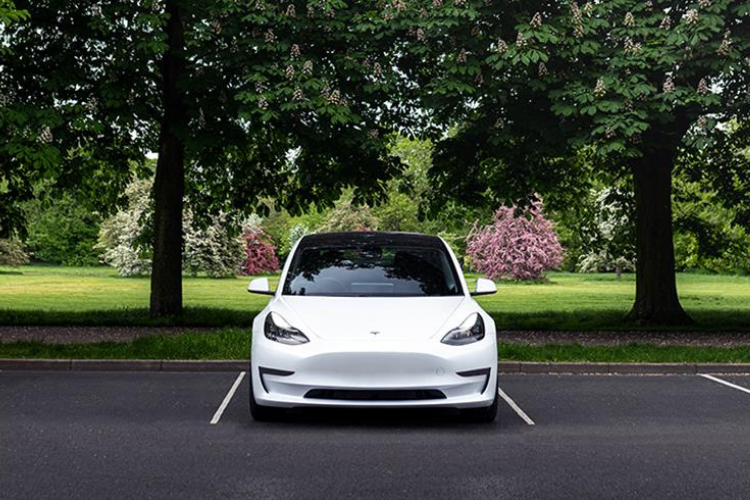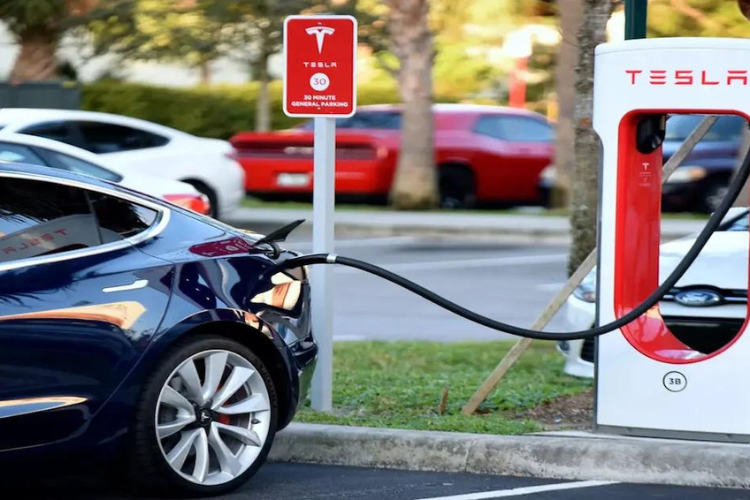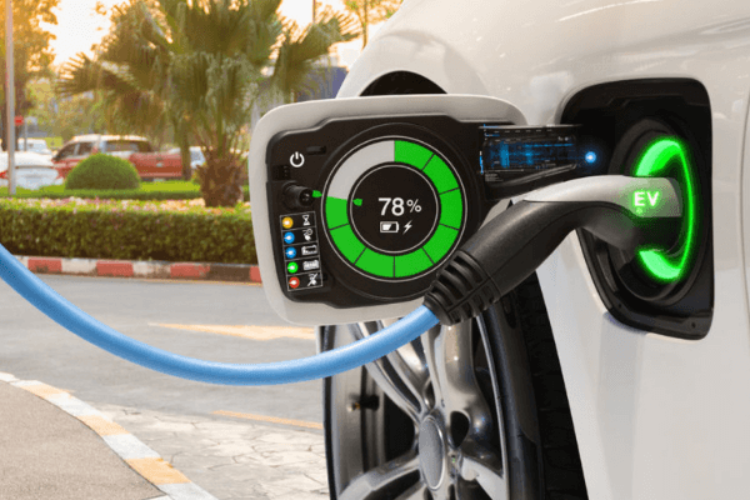
On Friday, the government unveiled a fresh electric vehicle (EV) policy, anticipated to significantly boost Tesla's operations to commence operations in India.
Under the new policy, the government plans to reduce import duties on specific electric vehicles for firms that pledge to invest a minimum of Rs 4150 crore ($500 million) and establish a domestic manufacturing unit within the country.
The revised policy instructs companies to invest at least $500 million in India. They will be allotted a three-year window to set up domestic manufacturing units for electric vehicles (EVs), ensuring that a minimum of 25 percent of the components are sourced locally.
Companies meeting these requirements will be authorized to import a maximum of 8,000 electric vehicles (EVs) per year, with a lowered import duty of 15 percent applicable to vehicles priced at $35,000 and above. India currently imposes import tariffs ranging from 70 percent to 100 percent on imported automobiles, varying according to their value.
Key Highlights of the EV policy -

1. What is the minimum investment needed?
Companies interested must pledge a minimum investment of Rs 4150 crore (USD 500 Mn). However, there is no maximum limit on investment.
2. What is the schedule for production?
The manufacturing facilities in India must be established within 3 years, commence commercial production of e-vehicles, and achieve a maximum of 50 percent domestic value addition (DVA) within 5 years.
3. What constitutes Domestic Value Addition (DVA) and what is the method used to calculate it during manufacturing?
Domestic Value Addition (DVA) signifies the proportion of locally sourced components utilized in manufacturing. Companies are required to attain a localization level of 25 percent by the 3rd year and 50 percent by the 5th year.
4. How is the investment commitment guaranteed?
The company's investment commitment must be supported by a bank guarantee instead of the customs duty waived.
5. What are the consequences of failing to meet the DVA and minimum investment requirements?

If the DVA and minimum investment criteria outlined in the scheme guidelines are not met, the bank guarantee will be utilized.
6. Are there any customs duties imposed on imported vehicles?
Indeed, a customs duty of 15 percent (as applied to Completely Knocked Down units) will be enforced on vehicles with a minimum CIF value of USD 35,000 and above for a duration of 5 years, contingent upon the manufacturer establishing manufacturing facilities in India within 3 years.
7. What are the consequences if a company chooses to import EVs instead of manufacturing locally?
The duty waived on the total quantity of EVs permitted for import would be restricted to the investment made or Rs 6484 crore (equivalent to the incentive under the PLI scheme), whichever is lesser.
If the investment amounts to $800 million or more, a maximum of 40,000 EVs, at a rate of no more than 8,000 per year, would be allowed. Unused annual import quotas can be rolled
over.